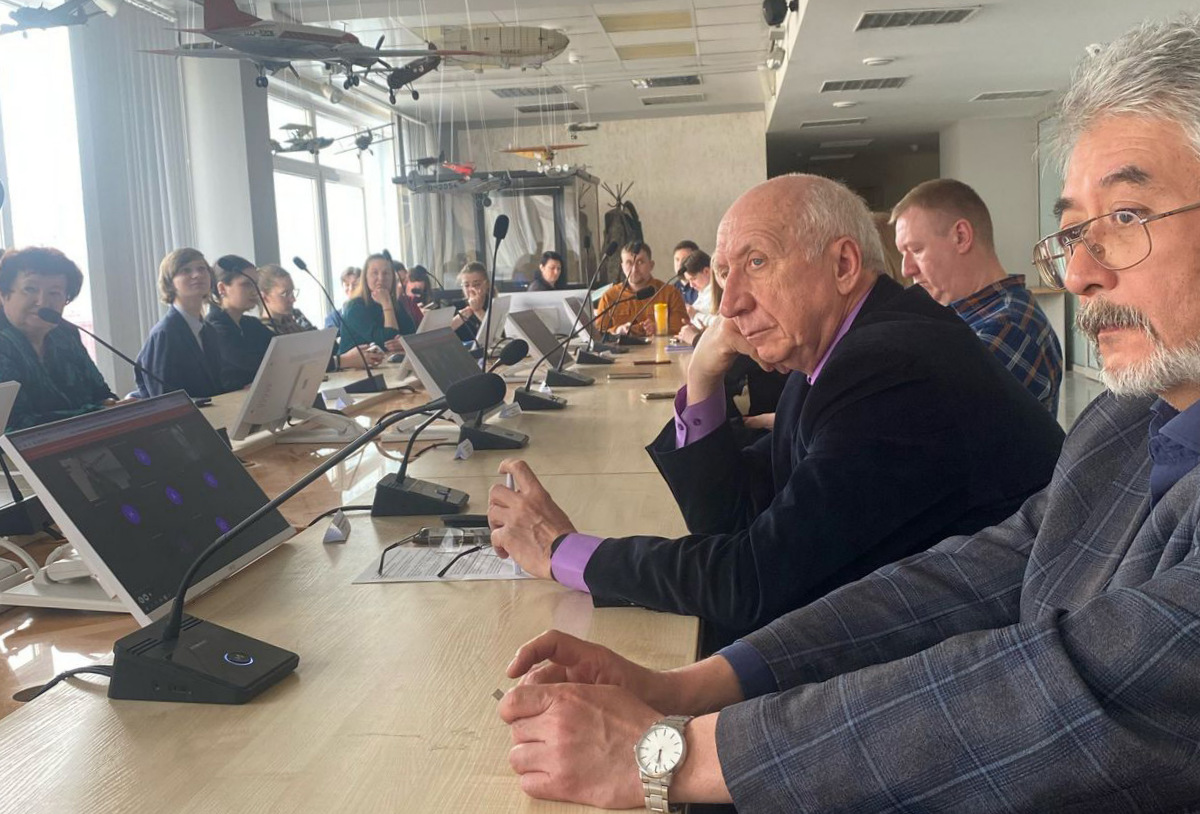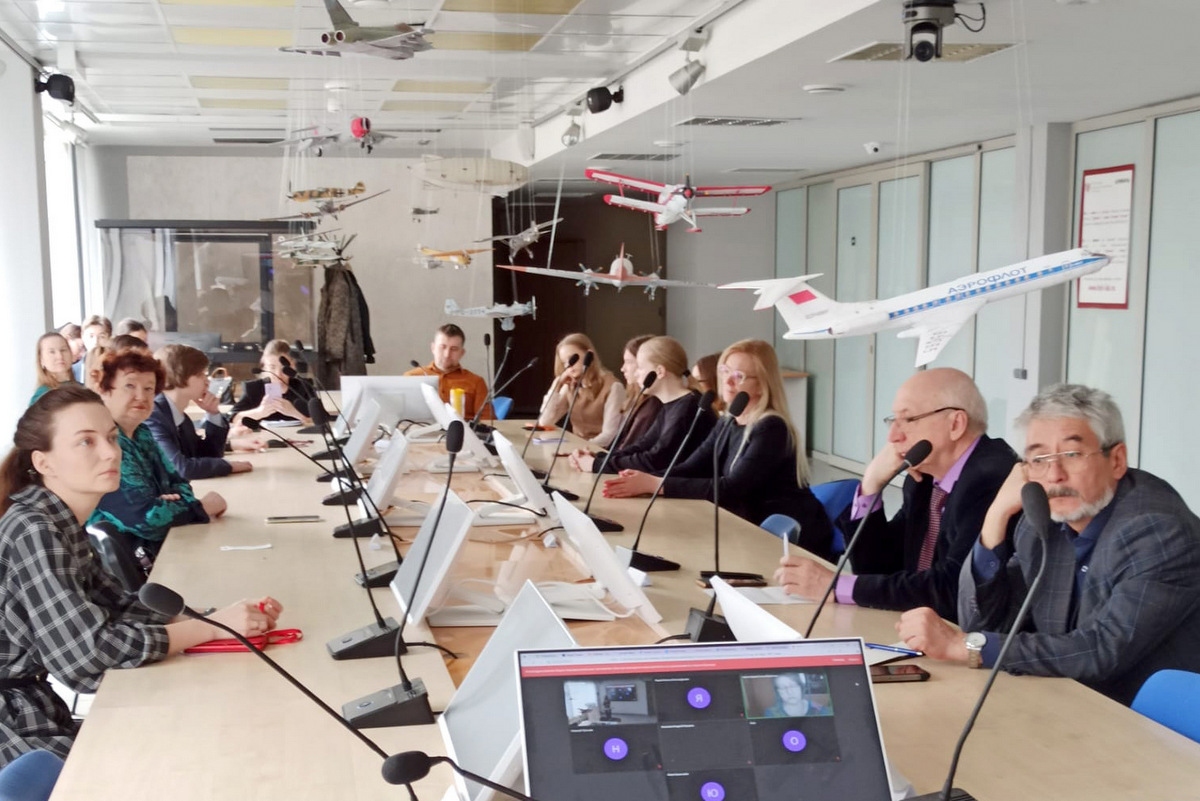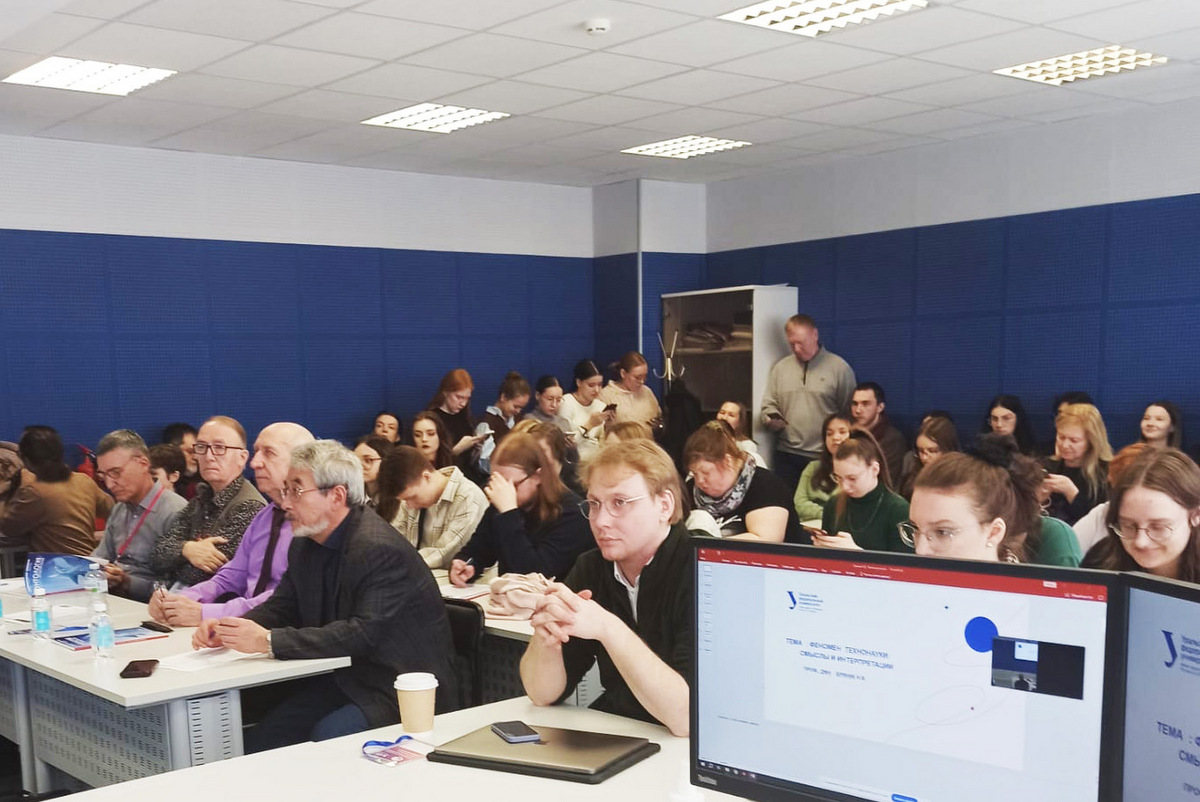From April 3 to 5, 2025, the 10th International Convention of the Ural Humanities Institute, titled “Humanitarian Vectors of Russia’s Technological Leadership,” was held in Yekaterinburg. Organized by Ural Federal University (UrFU), this landmark academic event has been hosted at the university since 2014.
This year’s convention marked the 60th anniversary of the Department of Philosophy at Ural Federal University, named after Russia’s first President, Boris N. Yeltsin.
As part of the convention, the International Scientific-Practical Conference “Engineering Thinking: Technical Reality and New Ontologies” was held. A key session, “Ontological Shifts in Technical Thinking: Bridging Engineering and Philosophy,” was co-chaired by A. Shutaleva, Associate Professor at the Department of Ontology and Theory of Knowledge, Ural Humanities Institute, UrFU, and V. Karpov, Head of the Robotics Laboratory at the Kurchatov Institute Research Center.
Samara National Research University was represented by N. Borgest, Ph.D. in Technical Sciences, Associate Professor, and Editor-in-Chief of the scientific journal Ontology of Designing (engineering delegation), V. Ivanova, Ph.D. in Philosophy (philosophy delegation).
N. Borgest delivered a report titled “Bridging Engineering and Philosophy: Challenges and Solutions,” highlighting Samara University’s experience in fostering interdisciplinary collaboration. V. Ivanova presented “A Topological Approach in Materials Science as an Ontological Model.” A journal version of her work is expected to be published in Ontology of Designing.
The conference emphasized that ontologies—models of the world and subject domains—hold the potential to unify human and machine understanding. This synergy must first be achieved among humans working across disparate fields, such as information technology, engineering, and philosophy. While philosophers often prioritize theoretical reasoning over pragmatism, engineers require structured and formalized knowledge. Bridging these perspectives demands communication frameworks that align differing levels of knowledge representation and content.
The future of modeling hinges on engineers who transform knowledge into innovative artifacts. However, philosophy’s role is equally vital, as its depth and breadth inform the semantic and mathematical models underpinning advanced AI systems. Thus, the creative partnership between engineers and philosophers is indispensable.
Bridging Disciplines Through Publications
The journal Ontology of Designing exemplifies this interdisciplinary bridge. It builds on initiatives Advanced Engineering Schools, Lemovskie Readings, Priority 2030, a strategic development program at Samara University.
By fostering dialogue between philosophy and rapidly evolving technological environments, these efforts underscore Samara University’s commitment to innovation and cross-disciplinary excellence.
 RU
RU  EN
EN  CN
CN  ES
ES 


